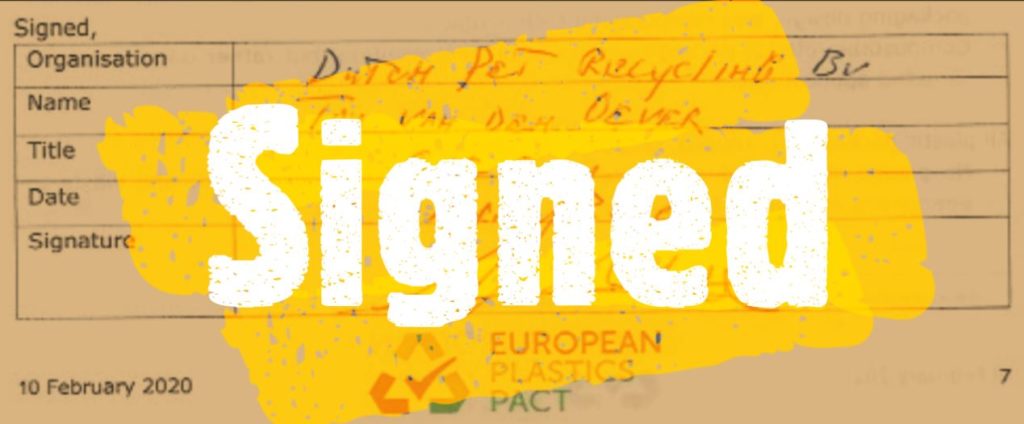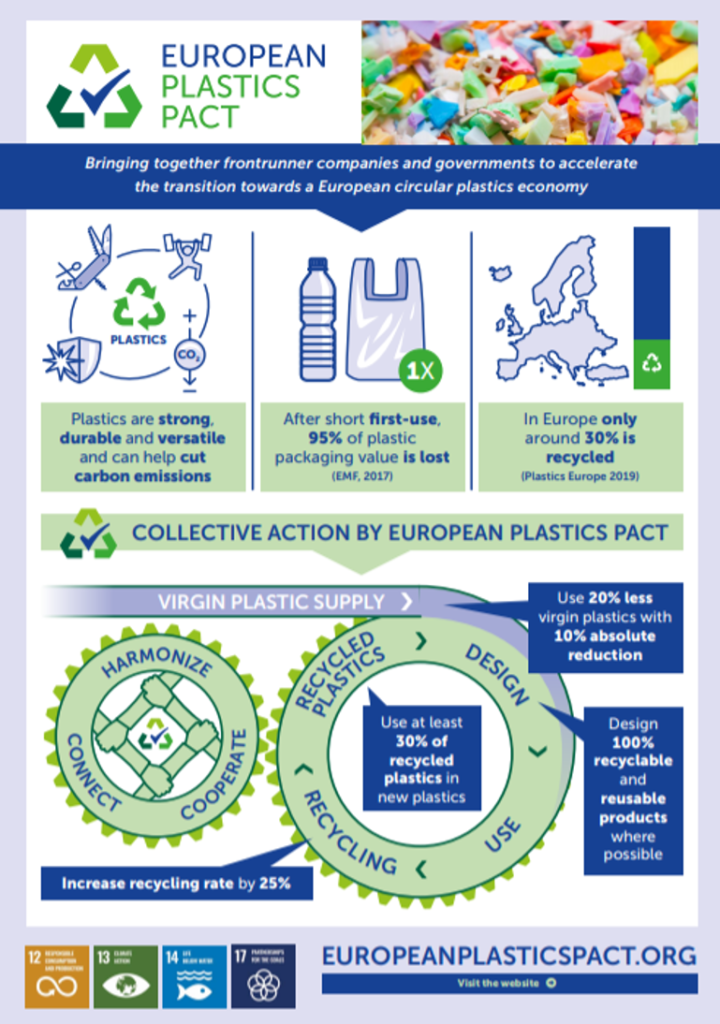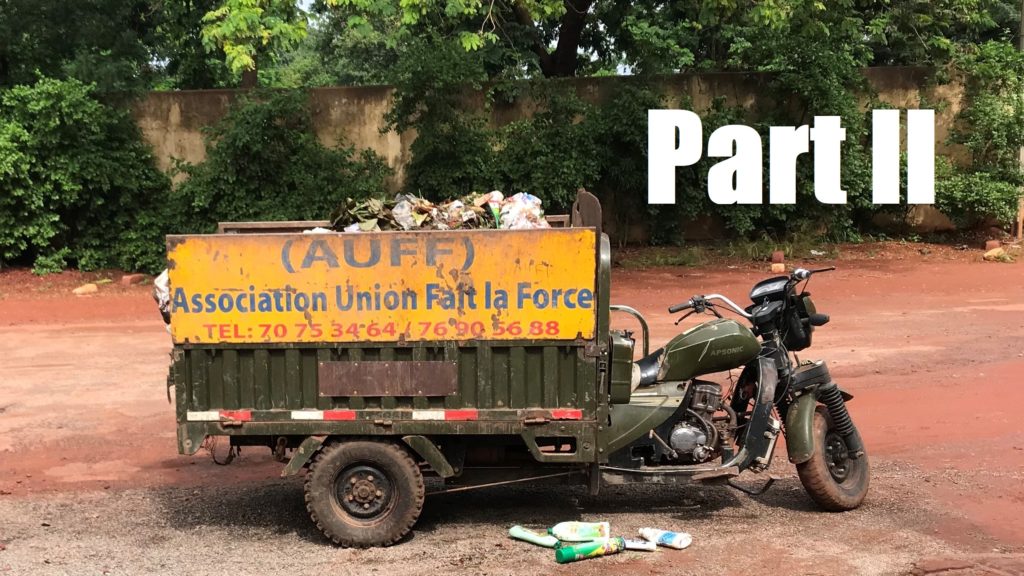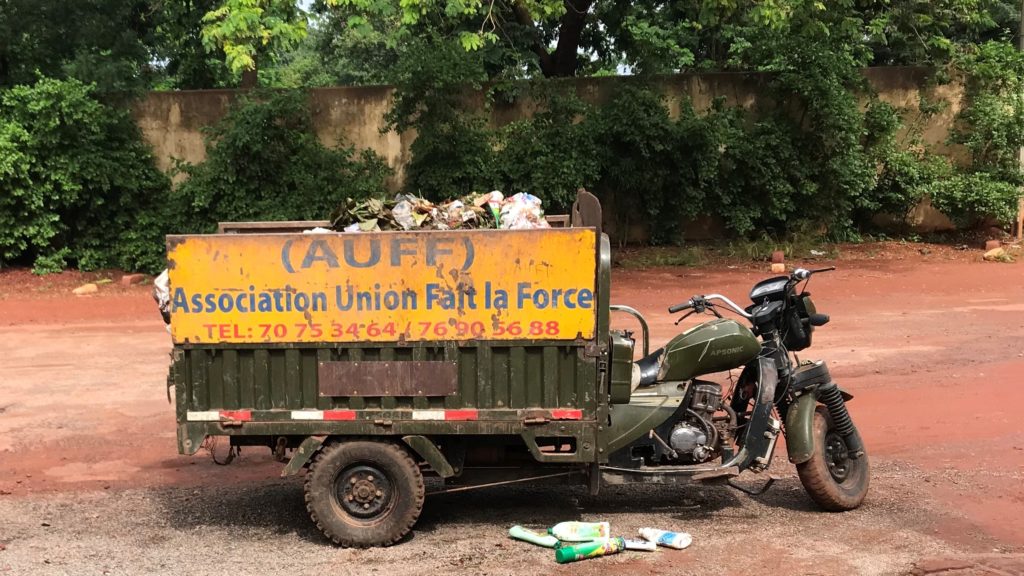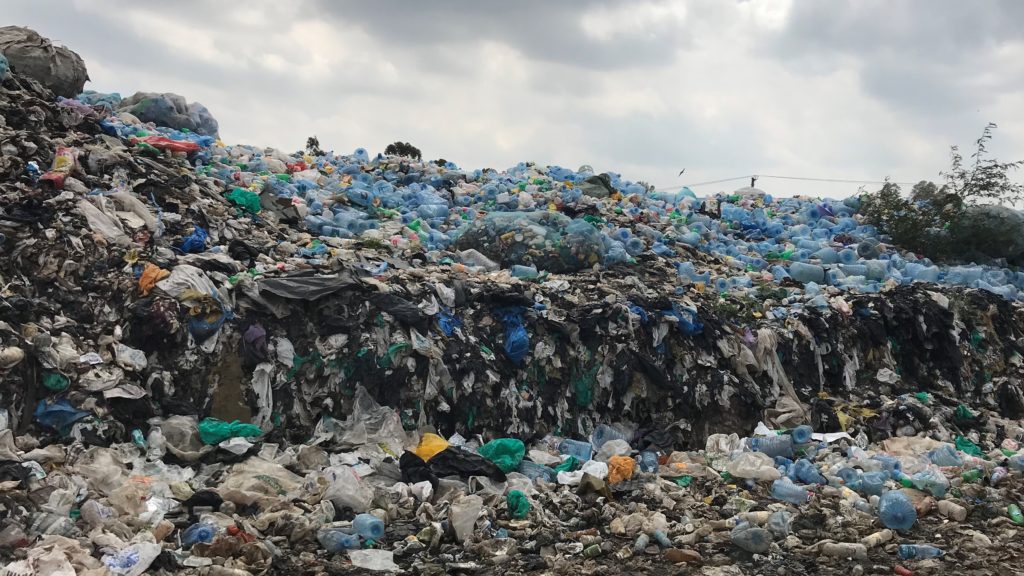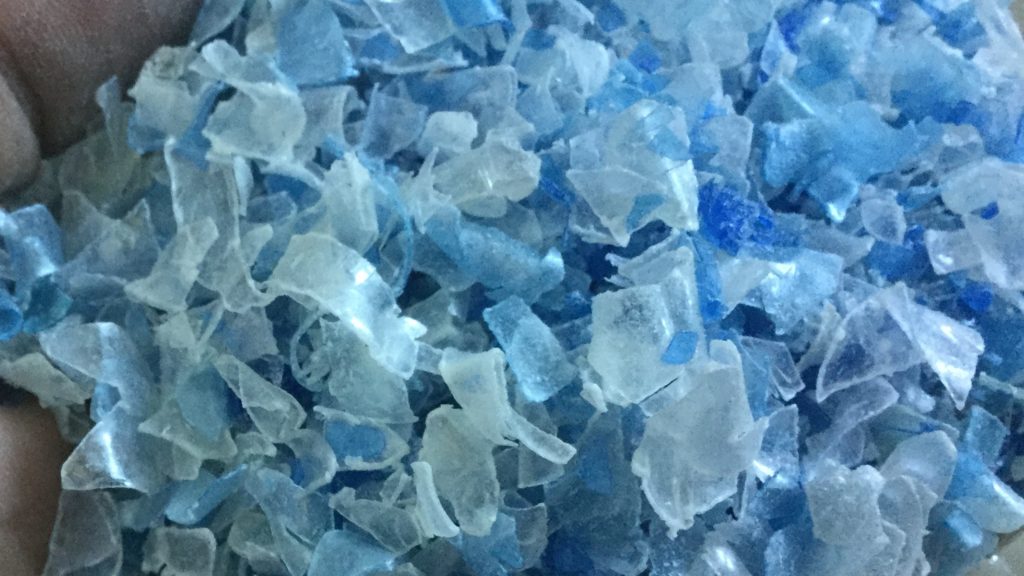Will we have a new recycled PET stream? Besides Clear, Light Blue and Green also Opaque might become interesting. Dutch PET Recycling shares this article of PETplanet.
Bottle-to-bottle recycling of light barrier white opaque PET
Bottles in opaque PET are increasingly replacing other material grades, especially in markets such as dairy and other sectors where demand is increasing. Thus far, a main concern was that the white opaque PET would lose one of the most important characteristics of PET, recyclability, but Spanish company Novapet is demonstrating that white opaque monolayer bottles can be separated and recycled into new bottles again.
In order to demonstrate the feasibility and viability of the monolayer white PET recycling, Novapet has created, for the first time, a dedicated recycling stream of this material in a commercial recycling facility, sorting and recycling white opaque PET bottles into white flakes from standard bales collected in Spain. The recycling process is based on IR/VIS sorters, which are available in the majority of plants. It will require a detailed market study to assess the amount of input material and to adapt the configuration of the sorting system.
The white flakes can be decontaminated according EFSA requirements and used again as raw material for the production of a recycled opacifier masterbatch or directly to rPET mono-layer bottles. Various formulas would have to be applied depending on final use and light barrier requirements, to maintain the same machine throughput and without impacting properties, functionality and colour.
Novapet’s specialist team have technically validated that it is possible to reprocess the white flakes, thus obtaining new white opaque resin and masterbatch formulations. All these formulations have been characterised along the entire process, controlling the key variables, in order to assure good processability and the decontamination conditions in the SSP reactor. Thus the process demonstrates that the recycling process to produce white recycled PET is able to be used for manufacturing containers in the food industry.
The new family of recycled products, rDCU and rDairy, will be commercially available by the end of 2020.
The complete article can be read in PETplanet Insider 6 / 2020

